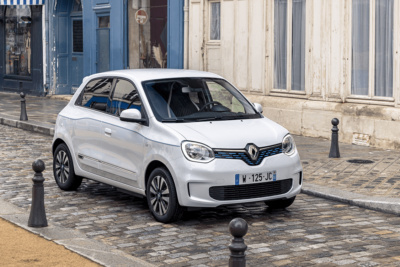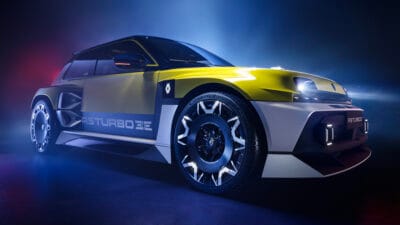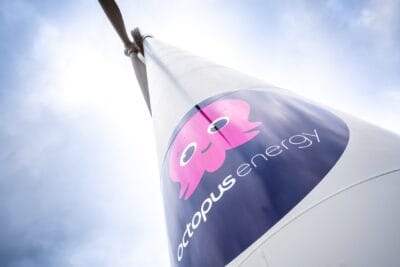Ford to manufacture EVs in Valencia
Ford Europe has selected the Valencia plant in Spain as its preferred location for the assembly of vehicles that will be based on a next-generation electric vehicle architecture. Valencia has thus been given preference over the Saarlouis plant in Germany.
Subject to the relevant product decision, the Valencia plant could produce “new, electric and connected vehicles” later this decade, according to Ford. Valencia is the “best-positioned plant” for the production of these vehicles. The manufacturer does not specify when exactly the first e-cars will roll off the production line in Spain.
The Ford plant in Saarlouis was also considered as a possible location for this, but after the current decision it will miss out on electric cars. In the internal bidding process, group CEO Jim Farley and Europe boss Stuart Rowley decided in favour of the Spanish plant. This has enormous consequences for Saarlouis: The current models of the Focus series will still be built until 2025, beyond which the plant has not yet been promised any models. So the future of the Saarland location is at stake. “Options for future concepts for this location will be evaluated,” the statement says.
Ford is aware of the consequences of this decision. “We are committed to building a vibrant, sustainable business in Europe as part of our Ford+ plan, and that requires focus and making tough choices,” says Jim Farley. Rowley confirmed at an online press conference that options for Saarlouis were being sought “inside and outside the Ford Group”. So a sale is also on the cards. The plant currently employs 4,600 people, and around 1,500 people in the local supplier industry also depend on the plant.
“The European auto industry is extremely competitive, and to thrive and grow we can never settle for less than unbelievably great products, a delightful customer experience, ultra-lean operations and a talented and motivated team,” Farley continued.
The new electric vehicle architecture is intended to help with this sustainable and profitable business model. However, Ford is not yet giving details of the platform. It is a “decisive step in the transformation of Ford in Europe into an all-electric future”, is the general statement so far. What is clear is that the US brand wants to sell only electrically powered cars in Europe by 2030.
However, Cologne remains the German location for Ford’s electric car production in Europe, where, as reported, Ford’s first electric model based on Volkswagen’s MEB will be built from 2023 and the second from 2024.
“Ford is investing heavily in electric vehicle manufacturing in Germany, and we are particularly committed to Germany as the country of our European headquarters,” Rowley said. “We look forward to driving these projects forward with our partners in Germany and across the region. For our new generations of vehicles in Europe, we need superior product designs, cutting-edge vehicle engineering and manufacturing technologies, optimised sourcing and the further development of our plants to fully align them with an electrified future.”
In addition to Cologne and Valencia, Ford will also build electric passenger cars at its Romanian plant in Craiova, specifically an electric version of the Puma. The Transit Courier electric transporter van will also come off the production line in Craiova. The larger light commercial vehicles Transit Custom (among others as PHEV) and the E-Transit are built by Ford Otosan in Turkey.





0 Comments